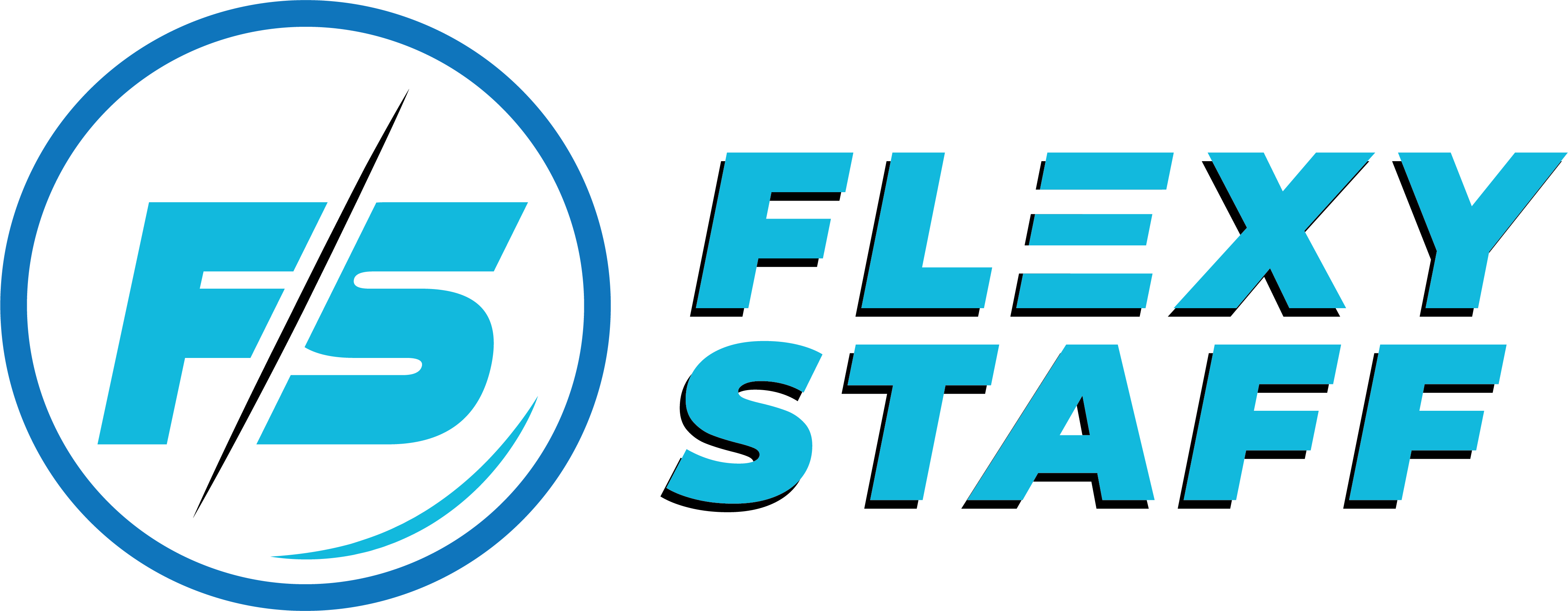
Welcome back to our Freelancing Success series. In our previous blogs, we explored various dimensions of freelancing, from foundational advice to branding, marketing, time management, financial management, and the crucial art of self-promotion.
Today, we tackle an essential skill for freelancers: negotiation.
Mastering the art of negotiation is not just about securing fair compensation but also about building lasting, mutually beneficial relationships with your clients.
Understanding the Value of Your Work
Before entering any negotiation, it’s crucial to have a clear understanding of the value you bring to the table. Assess your skills, experience, and the unique benefits you provide to clients. Knowing your worth is the first step in negotiating fair compensation.
Research Market Rates
To negotiate effectively, research the market rates for your services. Understanding the industry standard helps you set realistic expectations and provides data to support your negotiation.
Setting Clear Terms from the Start
When engaging with a potential client, be transparent about your rates and the terms of your services from the beginning. This helps manage expectations and reduces the likelihood of misunderstandings later in the process.
FlexyStaff: A Platform for Fair Negotiation
FlexyStaff, a global freelancing platform, plays a crucial role in facilitating fair negotiation between freelancers and clients worldwide. The platform provides a transparent environment where freelancers can showcase their skills, set clear terms, and negotiate compensation based on their expertise.
Effective Communication Skills
Negotiation is a conversation, and effective communication is key. Clearly articulate your value, justify your rates, and listen to the client’s needs. A collaborative approach can lead to a win-win situation.
Be Open to Compromise
While it’s essential to know your worth, be open to compromise. Consider factors like the project scope, deadlines, and the potential for long-term collaboration. Finding middle ground ensures a positive outcome for both parties.
Highlighting Your Track Record
If you have a proven track record of delivering high-quality work and satisfied clients, use this as leverage during negotiations. Positive testimonials and case studies can strengthen your position.
Handling Counteroffers Professionally
In the negotiation process, clients may present counteroffers. Approach these with professionalism and a willingness to discuss and find common ground. Be prepared to explain the reasoning behind your initial proposal.
Documenting Agreements
Once an agreement is reached, document the terms in a clear, written contract. This provides a reference point for both parties and ensures that everyone is on the same page regarding expectations and deliverables.
Post-Project Evaluation and Feedback
After successfully completing a project, seek feedback from the client. Positive testimonials and reviews can enhance your reputation and contribute to future negotiations.
The art of negotiation is a crucial skill for freelancers. By understanding your value, researching market rates, setting clear terms, utilising platforms like FlexyStaff for fair negotiation, and employing effective communication, you can secure fair compensation for your skills and services. Negotiation is not just about reaching an agreement; it’s about building trust and fostering long-term, successful client relationships.
In our next blog, we will explore the world of continuous learning for freelancers, discussing the importance of staying updated with industry trends and expanding your skill set. Stay tuned for more valuable insights in our Freelancing Success series

